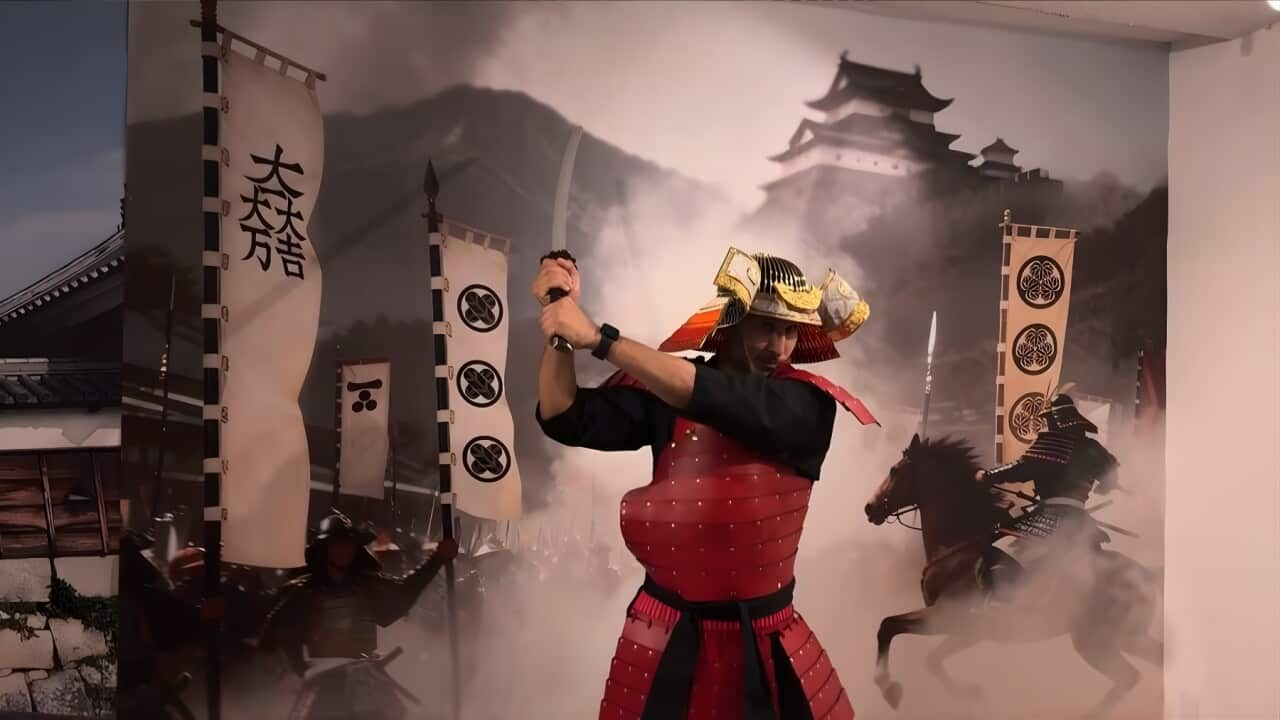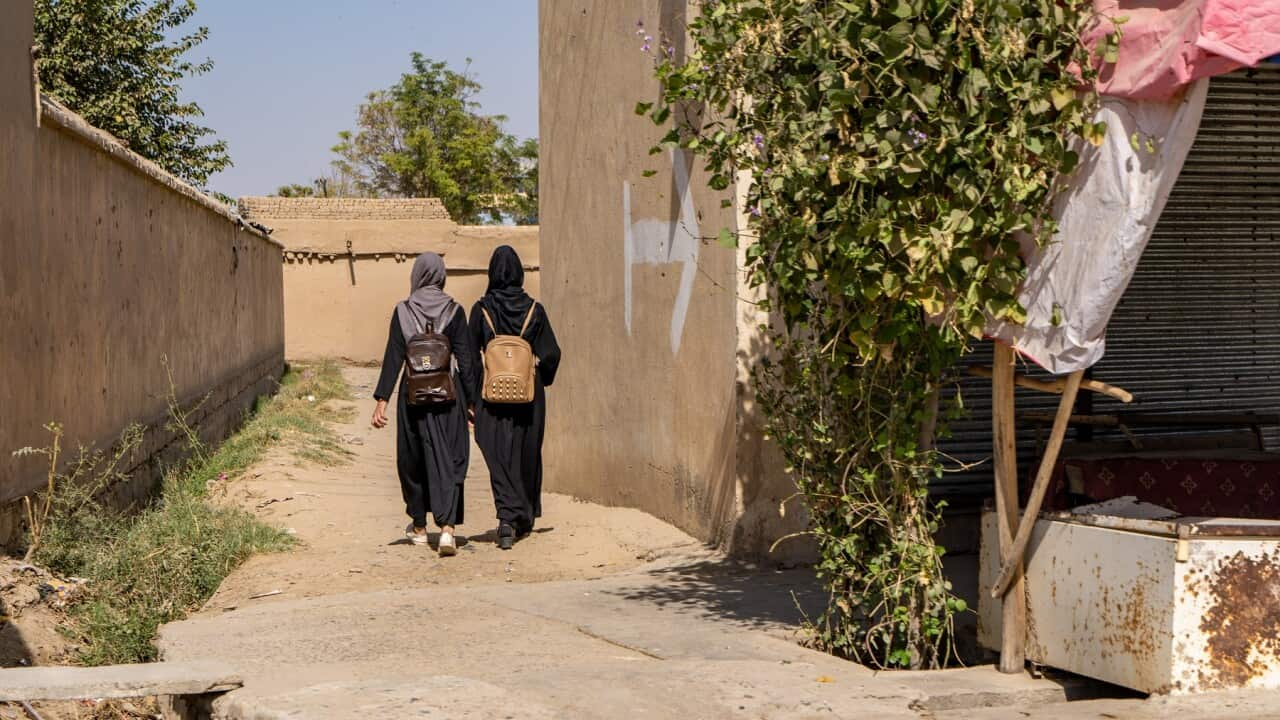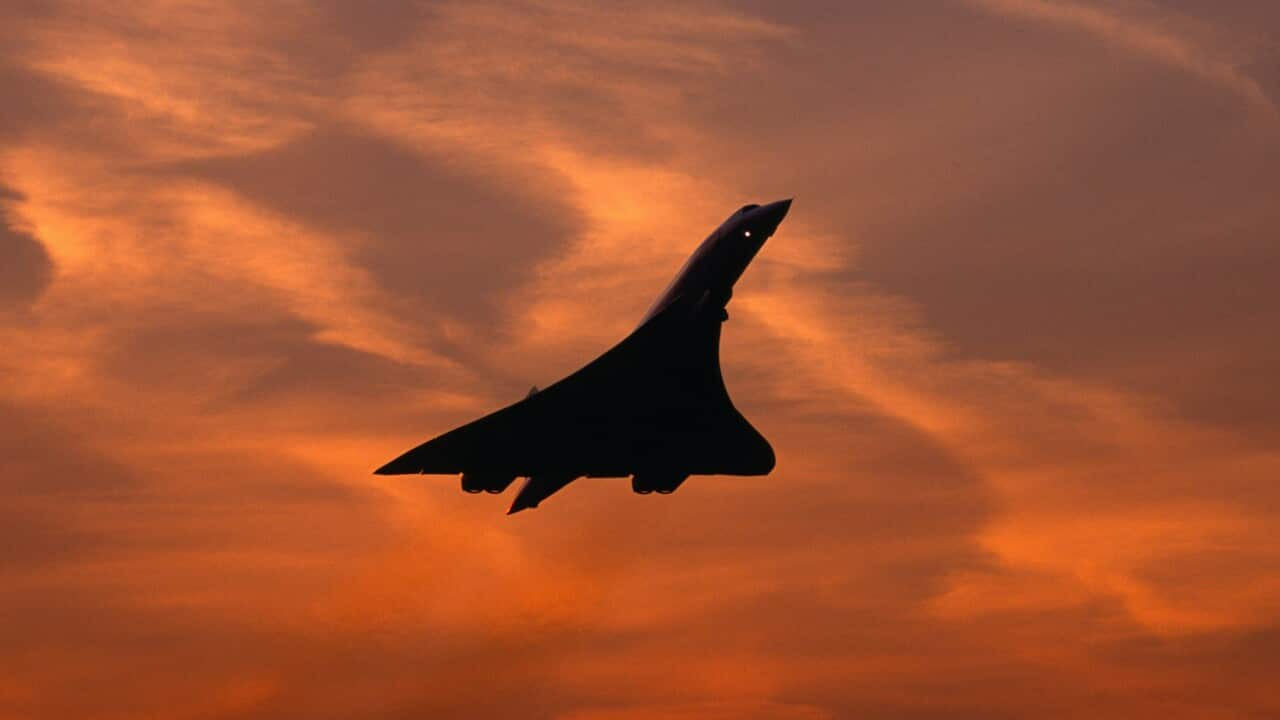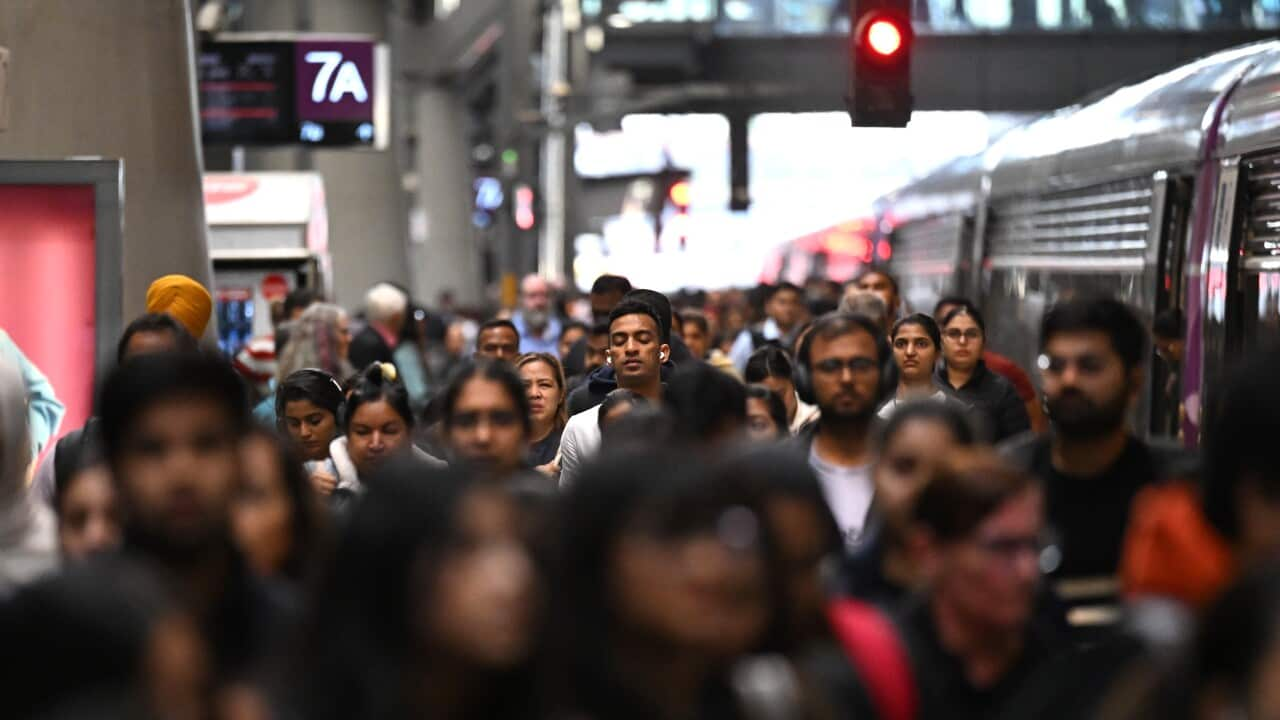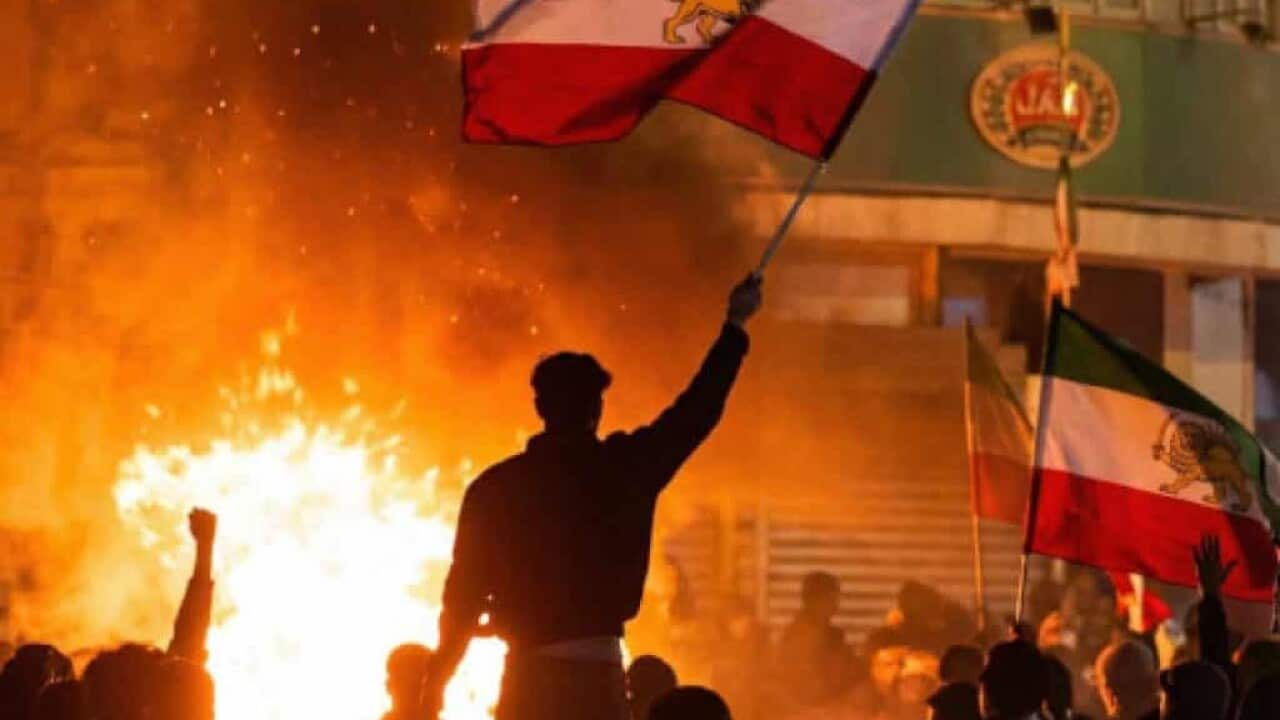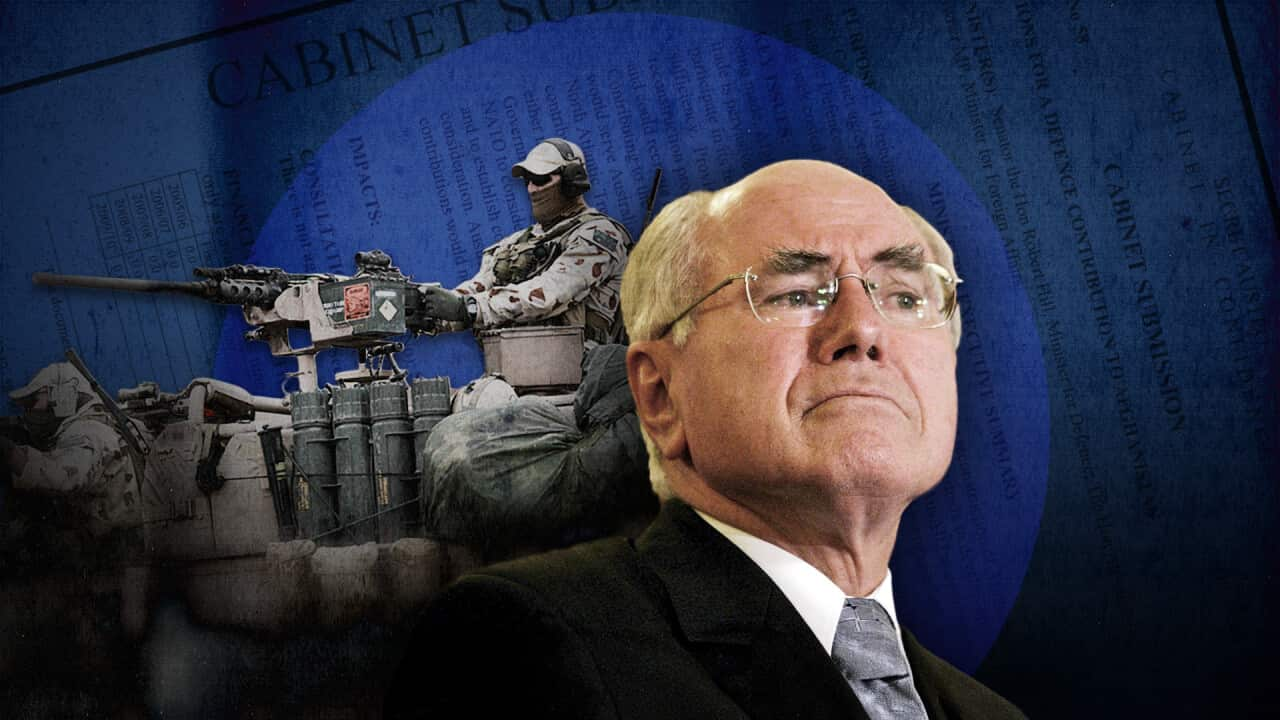Listen to Australian and world news, and follow trending topics with SBS News Podcasts.
TRANSCRIPT
"We are using the term 'risk of genocide' because there is the process that is underway is absolutely indiscriminate, affecting, in this case, more than 2 million people."
That's Pedro Arrojo-Agudo, the United Nations Special Rapporteur on the right to safe drinking water and sanitation.
Part of his job involves undertaking country missions and assessing access to these basic human needs.
He's just visited Gaza, where the Israeli military is conducting a fierce offensive to root out Hamas militants responsible for a cross-border attack which killed 1,400 Israelis on October the 7th.
He says infrastructure is largely destroyed in Gaza, which is having a devastating effect.
"So, there is no water at present. People, the last thing we said, children drinking water from the sea for instance, you know, it’s terrible. It’s just, from my point of view, from all points of view in the United Nations, all these questions are against the basic humanitarian laws, and even from my point of view, if you read the Articles 7 and 8 of the Roma statute, it’s crimes against humanity and crimes of war, war crimes.”
He and a team of United Nations experts are again calling for a humanitarian ceasefire in Gaza, saying time is running out for the Palestinian people.
Nearly four weeks of Israeli bombardment in the Gaza Strip has killed more than 9,000 people, most of whom, say Palestinian health authorities, are women and children.
Around 32,000 people are injured.
This Palestinian child, whose family has been displaced by the violence, says he just wants this violent war to end.
"I have headache and stomach pain, I have diseases. My mum is sick, and my siblings are sick due to polluted water. We are really tired. We want this war to end."
Israel says it is aiming its attacks at Hamas, not civilians, and accuses the group of using them as human shields.
Israel Defence Forces spokesman Daniel Hagari says his country's troops have surrounded Gaza City, attacking infrastructure used by Hamas militants.
Rear Admiral Hagari says the Israeli military will continue until their mission is complete.
“The issue of a ceasefire is not even on the table right now. The IDF is at war. It's conducting war to dismantle Hamas."
There are report Hamas and allied Islamic Jihad fighters are emerging from tunnels to fire at tanks, then disappearing back into the underground network.
Seventeen Israeli soldiers have been killed in Gaza since the start of ground operations.
Israeli Prime Minister Benjamin Netanyahu has visited soldiers at a military base in central Israel.
Mr Netanyahu has again urged Palestinians in the north of the city to get out of the area as soon as possible.
The United Nations and Gazan hospitals have warned that fuel supplies are quickly dwindling, threatening medical and humanitarian operations in the besieged area.
United States National Security Council spokesman John Kirby has called for a pause in fighting.
"A temporary pause that's localised that would allow us to get aid in and to get our people out is a good thing for the people of Gaza. It's a good thing for the Americans that are being held hostage. And it's not going to stop Israel from defending itself because the security assistance we're providing continues to flow. And a temporary pause doesn't mean a general cease-fire where the war is over. It means a pause, only temporary for a specific purpose."
Trapped Australians in Gaza may have a second opportunity to flee with local authorities flagging another reopening, but a foreign affairs department spokesman would not confirm when the border might reopen.
So far 20 Australians and their family members have been able to leave, but many more remain stuck in Gaza.

